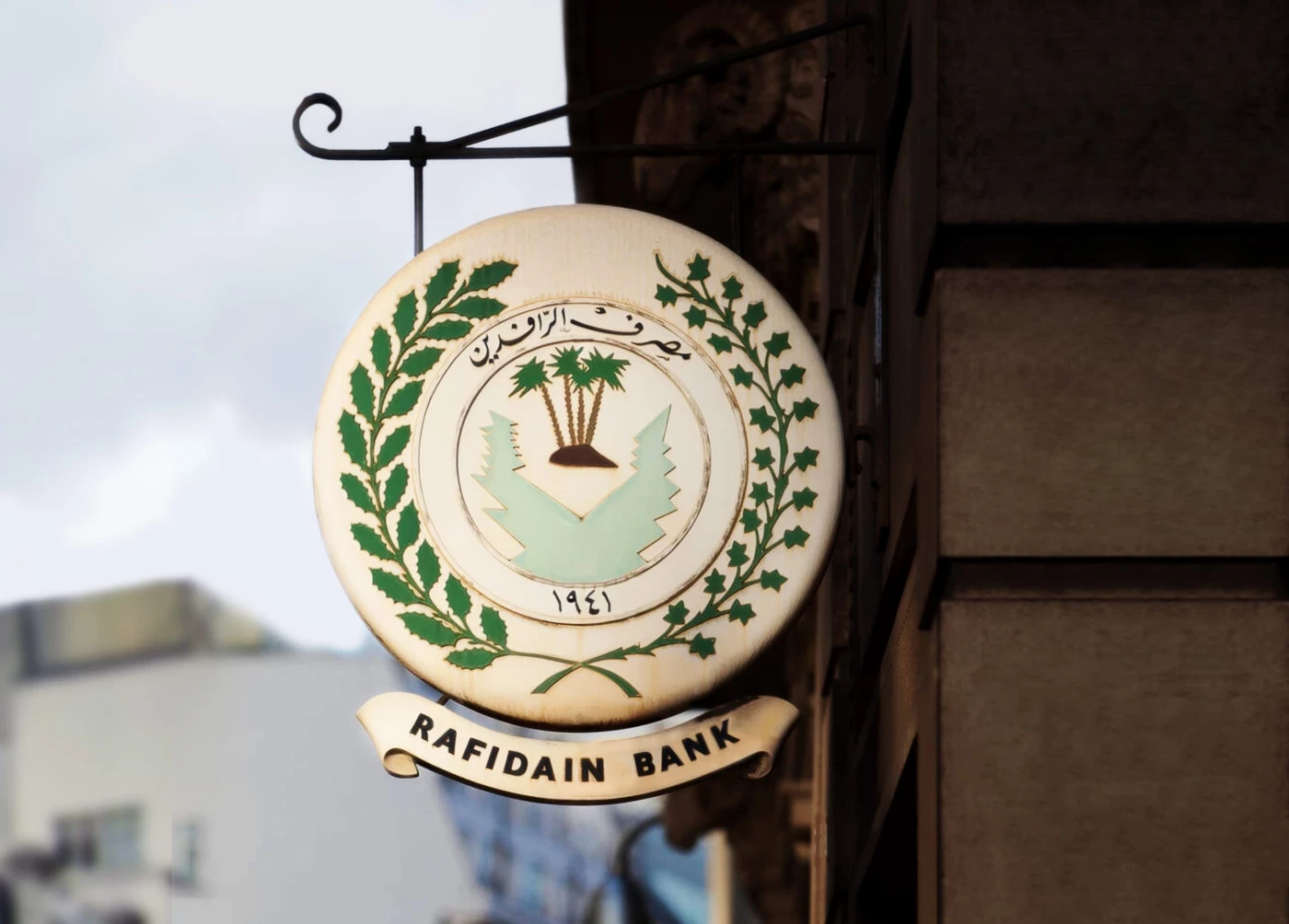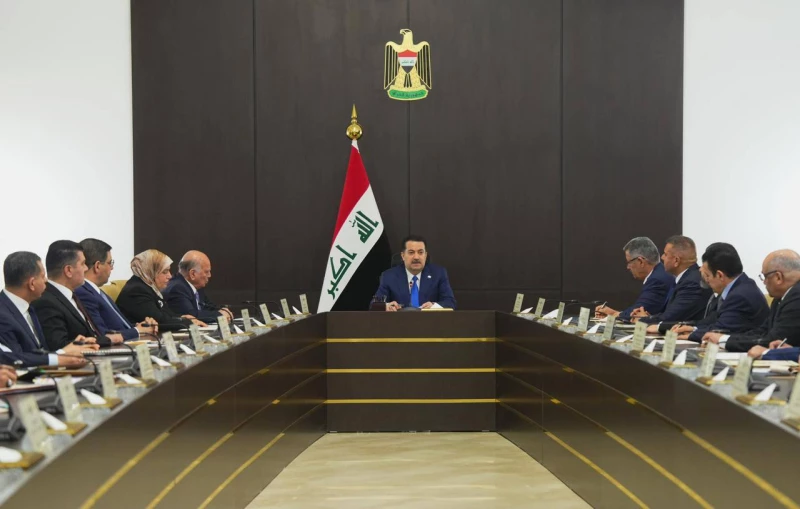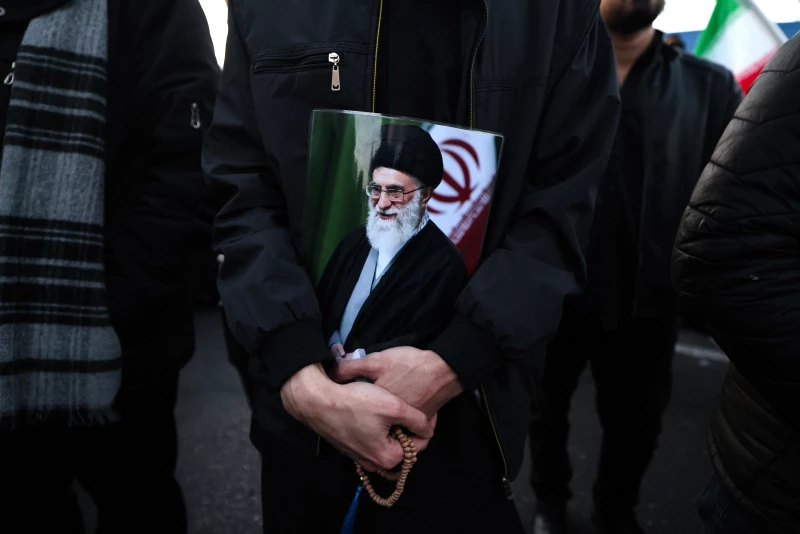ERBIL, Kurdistan Region of Iraq – Iraq’s state-owned al-Rafidain Bank has shut down its MasterCard office inside the headquarters of the Popular Mobilization Forces (PMF) following a recommendation from its new American partner, K2 Integrity, to avoid possible US sanctions, a senior bank official told The New Region on Wednesday.
The source, who requested anonymity for security reasons, said the closure came after the state-owned bank signed a professional partnership with K2 Integrity, a US company specializing in financial integrity and regulatory compliance.
“This agreement has helped protect al-Rafidain Bank from the risk of US sanctions,” the official said. “The American company is working with the bank to correct past mistakes and negative reports that had raised concerns about its operations.”
The source added that the decision to close the PMF office was based on K2 Integrity’s advice, “especially since some Arab governments had submitted complaints to the US Treasury accusing al-Rafidain of financing armed groups.”
When contacted for comment, PMF spokesperson Karim al-Sheikh said he did not yet have details about the matter.
K2 Integrity announced its strategic partnership with al-Rafidain Bank in late August, describing it as a three-year cooperation to develop a comprehensive financial integrity program aligned with international standards for compliance, governance, and risk management.
“Our partnership with al-Rafidain Bank Director Ali Karim al-Fatlawi and his leadership team marks the start of a pioneering integrity program,” said Chip Poncy, Global Head of Financial Integrity at K2 Integrity. “This initiative will strengthen the bank’s ability to provide modern financial services to Iraqis.”
Sarah Runge, the company’s Executive Managing Director, added that the cooperation aims to “turn al-Rafidain’s commitment to reform into a verifiable financial integrity program” to ensure compliance with the highest global standards for fighting financial crimes and managing risks.
Since July 2023, the US has escalated pressure on Iraq’s banking sector, targeting institutions suspected of facilitating dollar transfers to Iran. Dozens of Iraqi banks have been barred from opening dollar accounts or conducting international dollar transfers accordingly.
The US move, aimed at curbing currency smuggling to Tehran and limiting financing for Iran-backed proxies, forced the sanctioned banks to operate solely within Iraq. Services like international credit card use were immediately restricted.



 Facebook
Facebook
 LinkedIn
LinkedIn
 Telegram
Telegram
 X
X


